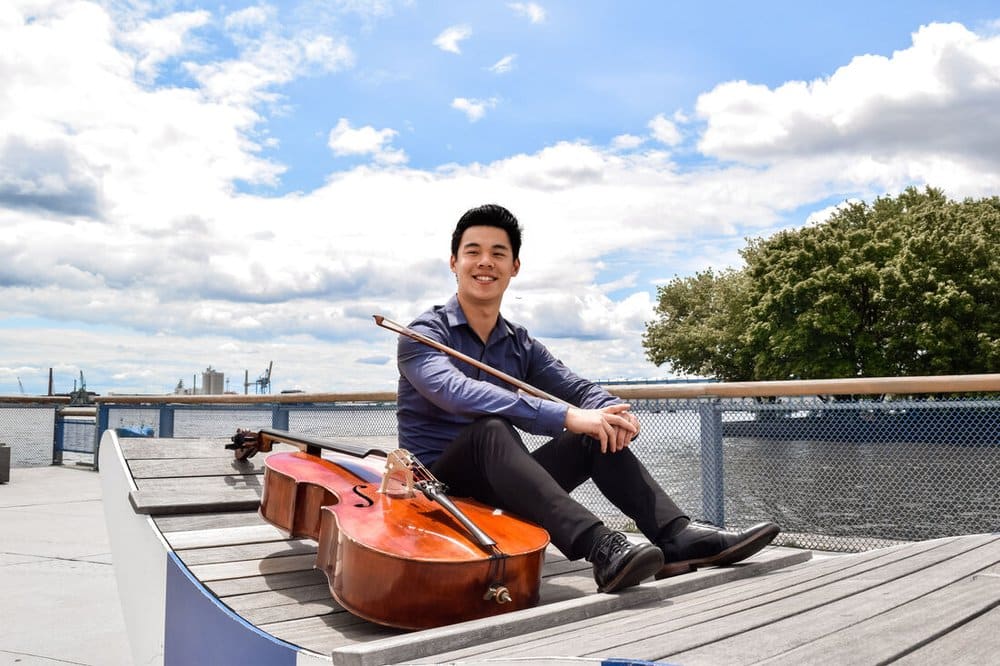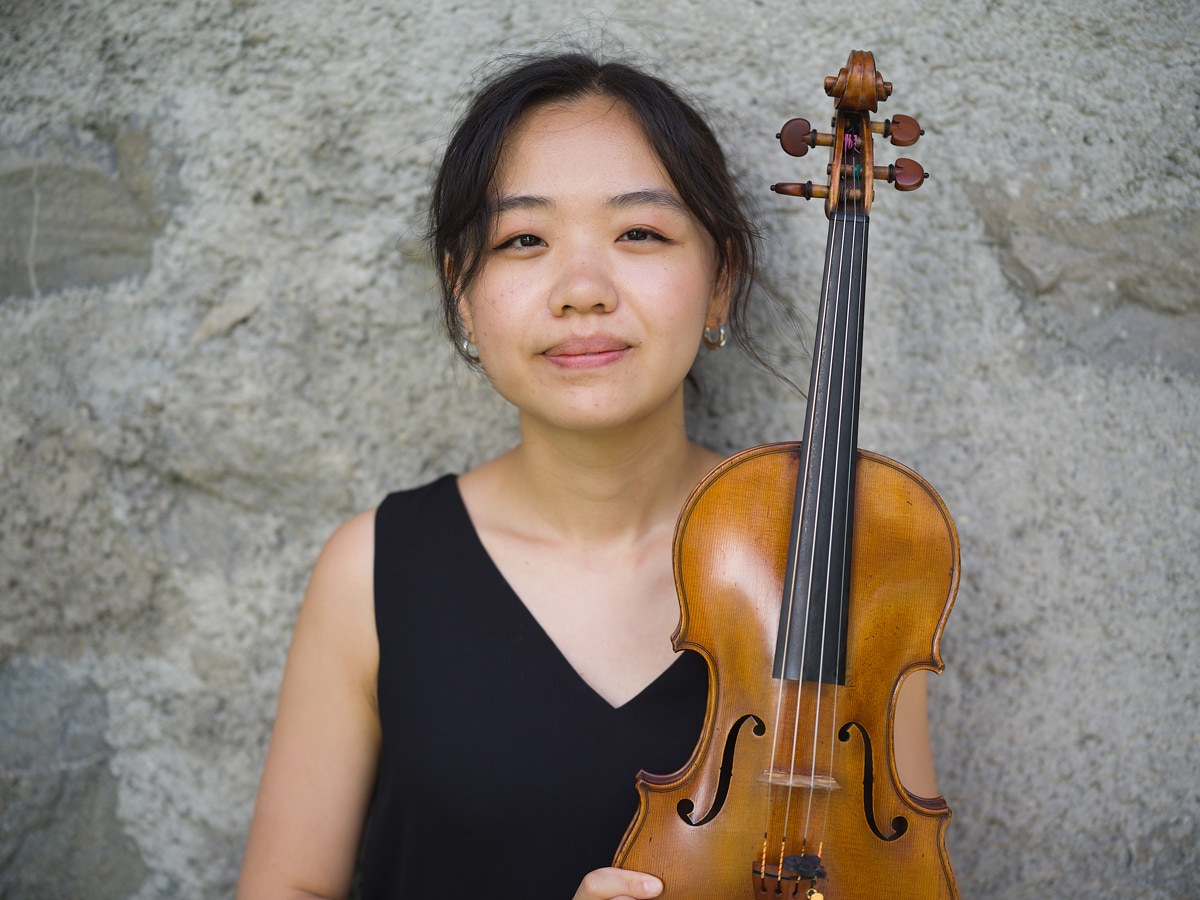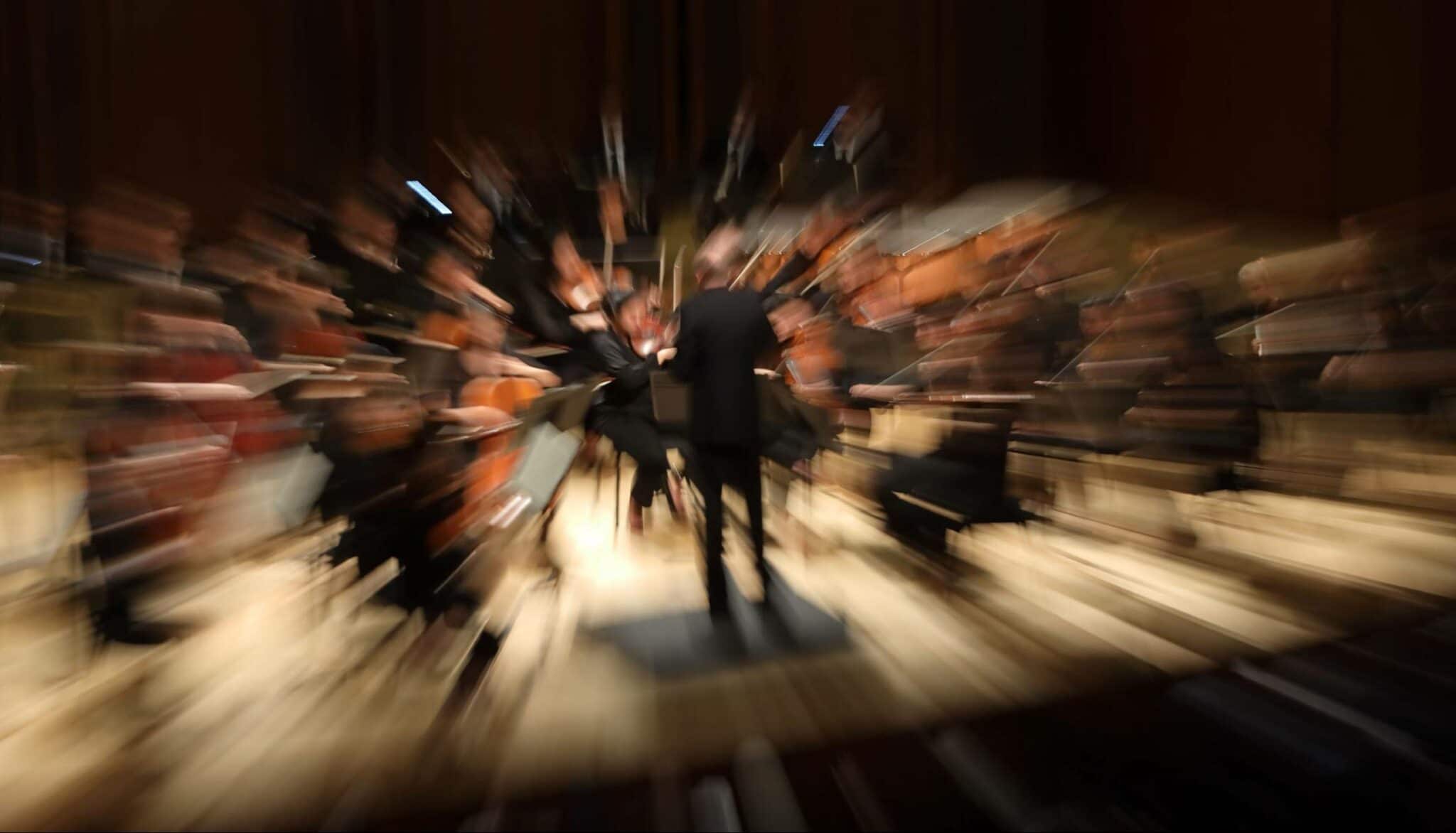In The West Wing, the hit NBC drama that ran for seven seasons between 1999 and 2006, President Jed Bartlett, played by Martin Sheen, had something of a catchphrase. No “just one more thing…,” “nanu-nanu,” or “Bazinga,” it wasn’t played up for attention or laughs. In fact, The West Wing’s catchphrase was almost understated when compared with other famous TV one-liners. And yet in its own unpretentious way, Jed Bartlett’s mantra – “What’s next?” – subtly defined the leadership style at center of the show.
Appearing in offhand comments to his advisors and punctuating dilemmas both big and small, “What’s next?” signaled that Bartlett was moving on to the next issue, that he was looking ahead to the next challenge. As a fan of The West Wing, I’ve always admired this (admittedly fictional) attitude toward accomplishing goals. Yes, time is set aside to celebrate victories or mourn defeats, but in the end the emphasis is always placed on looking forward, on achieving the next goal.
In my role overseeing ticketing and front of house operations during the annual Summer School and Festival, a not-infrequent question I hear posed from patrons is, “What do you do when the Festival is over? What do you the rest of the year?” It’s a perfectly reasonable question to ask, especially coming, as it most often does, toward the end of a jam-packed eight weeks of events. The simplest answer is that the Music Academy begins planning for the next Festival more or less immediately. Of course, those who work for the Academy year-round take a hard-earned moment to experience the relief of a job well-done. But then they collectively ask, “What’s next?”
If you talk to anyone with intimate knowledge of the inner workings of a Music Academy Summer School and Festival, you’re liable to hear them toss out the word puzzle. It’s an apt description. The Festival is a complicated mosaic that involves more than 100 fellows, dozens of faculty and guest artists, a small army of summer staff, and volunteers all working together to produce countless hours of instruction and rehearsals, as well as hundreds of public events. From an audience perspective, it’s easy to take for granted the level of advance planning and behind the scenes work required to pull all this off. But that’s a good thing. If everything is going according to plan, then the audience shouldn’t have to pay any mind to issues like lodging, transportation, meals, stage changes, rehearsal time… You get the idea. Take the relatively small example of a faculty/fellow chamber group that may play a single piece on a single concert. In order to make that happen, all of the following must fit together seamlessly: the instrumental faculty group responsible for chamber music assignments needs to review every accepted fellow and make assignments of groups and repertoire; the music needs to be collected and, in many cases, distributed before the fellows arrive for the Festival; once folks do arrive, the music librarian must provide physical parts for each musician; coachings and rehearsals must be scheduled at times that don’t conflict with masterclasses, lessons, other ensemble rehearsals, meal times, performance times, and more; space must be made available (and must be set up) for the rehearsals; transportation schedules must checked and double checked to ensure that fellows are able to get from location to location in time to show up for rehearsals and performances. (And this is to say nothing of the complicated logistics of getting an audience to a performance: selling tickets, printing tickets, mailing tickets, coordinating with multiple venues…)
Readying for the Festival is a mixture of long-term and longer-term planning. Things like audition planning, programming, and faculty contracting begin months ahead of the Festival’s June start date, while things like multi-year agreements (such the Academy’s partnership with the London Symphony Orchestra) and strategic vision figure into the planning of Festivals years down the road. This series, What’s Next?, takes a look at how exactly a Summer School and Festival comes together. Each installment will delve into the process from the point of view of one of the Music Academy’s six departments: Artistic Operations; Student Services; Institutional Advancement; Finance; Facilities; and Marketing, Communications, and Audience Services. We start, though, with the role of the man at the top: Music Academy President and CEO Scott Reed.
****
The process of building a Festival is, according to Reed, “messy.” “It’s intense, it’s multi-layered, but there’s always a plan. You always have a concept of how it’ll come together, but then suddenly it becomes a cohesive masterpiece. But it’s a living masterpiece, because the true measure of the success of a Summer Festival isn’t what you plan or program, it’s the people that are here and the experiences that they have.”
This description is indicative of Reed’s pragmatic approach to planning and leadership: always have a plan, but be prepared to adjust, to roll with the punches. That’s why when asked about his role in the Festival planning process, he first highlighted his position as the leader of a dynamic team. Reed sometimes describes the Academy’s various departments as individual businesses with their own leaders. His first job, he says, is to ensure those leaders are the right people for the job. He sees himself as think-partner, as someone who helps them to hone and refine ideas. “It’s also my job to make sure that each individual enterprise is working within our larger goals.”
But even so, planning – especially of the long-term variety – is still a major part of Reed’s role. “One of my most important jobs as CEO is to make sure that everything aligns to our strategic plans and visions.” Long-term goals are important, and for the Academy they can involve anything from working with certain artists, to multi-year partnerships with organizations like the LSO, to fundraising, to milestone years. “I love milestone years,” says Reed with a smile, no doubt thinking ahead to the Music Academy’s 75th Anniversary in 2022. But the way those milestone years are planned for and celebrated is important, because organizations can sometimes become too fixated on them.
“Every single Summer School and Festival should have its own spirit; every single one should be great. There should be no summer that feels like a steppingstone on the way to another. The 74th season should be the absolute best season we’ve ever done, and the 75th should be better than that. And then the 76th better still! Our fellows work a lifetime to get into the Music Academy of the West. We have to hold ourselves accountable to their experience, no matter what summer it is.”
Even so, several of the Music Academy’s current long-term goals do hinge upon the 75th Anniversary season. Goals like $500,000 given to support Alumni Enterprise Award projects by 2022 or 500 kids enrolled in the Sing! Program by 2022 both clearly involve that major milestone year. But the difference is that these goals aren’t about the 75th Anniversary. They aren’t about looking toward an event as an arrival point; they’re about building momentum along the way. “I like this kind of goal because it requires us to be pushing relentlessly to deliver our mission in all the years leading up to that,” says Reed. “It’s not about working toward a moment, it’s about creating that moment every single day on the way to a destination point.”
The CEO’s role in putting together the Festival is multi-faceted. It’s a mixture of short-term and long-term planning, of vision and implementation, of collaboration and leadership. Reed is in many ways a partner with those who report to him, but he is also at times the final decision-maker. He has a responsibility to the board of directors, the faculty, the fellows, the audience, and the administration to ensure that the Music Academy’s mission is delivered each and every year. And he’s been delivering on the responsibility for ten years now.
And as for the planning of an individual Summer School and Festival? Reed sums it up like this: “We create a plan over ten months – and sometimes multiple years – and then we get to a point where we’re implementing it. The summer itself is implementing a plan.”
For the Artistic Operations perspective on putting that plan together, check back in two weeks for the next installment of What’s Next?
– Henry Michaels
Resonance editor, Audience Services and Community Access Manager, Music Academy of the West





